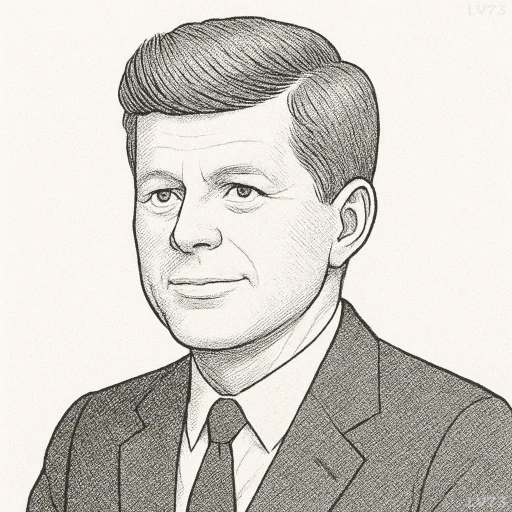“I hope that no American will waste his franchise and throw away his vote by voting either for me or against me solely on account of my religious affiliation. It is not relevant.”

- May 29, 1917 – November 22, 1963
- American
- Politician
table of contents
Quote
“I hope that no American will waste his franchise and throw away his vote by voting either for me or against me solely on account of my religious affiliation. It is not relevant.”
Explanation
In this statement, John F. Kennedy addresses the issue of religious bias in American politics, specifically in relation to his Catholic faith. During the 1960 presidential campaign, Kennedy faced significant scrutiny and skepticism due to his religion, as many Americans at the time were uncomfortable with the idea of a Catholic president. There were concerns that his allegiance to the Pope might conflict with his duties to the country, leading to accusations that his religion could influence his political decisions. By making this statement, Kennedy firmly asserts that his religious affiliation should not be a factor in determining his fitness for office. He emphasizes that his ability to serve as president should be judged based on his qualifications, leadership, and vision for the country, not his personal beliefs.
Kennedy’s comment is a powerful rejection of religious prejudice and a call for voters to focus on the issues that truly matter. It speaks to his belief in the separation of church and state, a fundamental principle of American democracy that ensures religious beliefs do not dictate governmental policies. By urging voters to base their decision on merit rather than religious identity, Kennedy advocates for a more inclusive and open-minded approach to politics, where individual character and capability are prioritized over superficial differences.
This statement resonates deeply today, as questions of religious freedom and discrimination remain prominent in political discourse. Kennedy’s words continue to serve as a reminder that in a democracy, individuals should be judged by their actions, policies, and ideas, not by their religion, race, or other personal attributes. His call for voters to transcend religious biases in favor of a more rational and inclusive political process is a vision that still challenges modern society, especially as minority groups continue to face prejudice and exclusion in the public sphere. In this way, Kennedy’s statement remains a relevant and timeless appeal for tolerance and fairness in American politics.
Would you like to share your impressions or related stories about this quote in the comments section?

